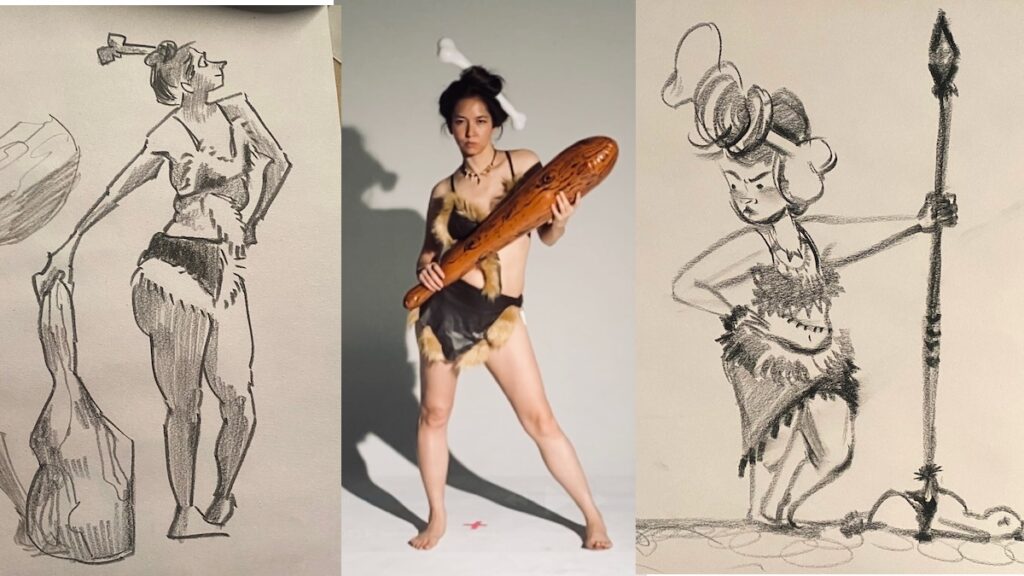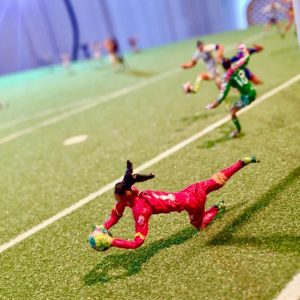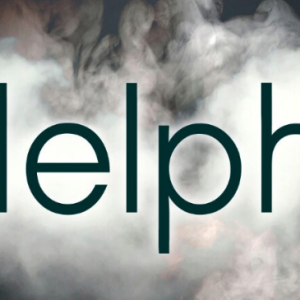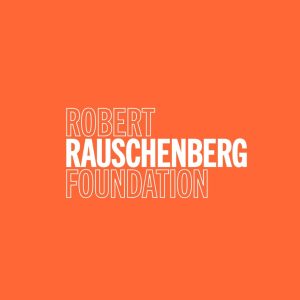Professional model Anna Veedra has been striking poses for CalArts’ animation and drawing students for 10 years and loves the energy and collaborative spirit of the school.
While she lives and works in Brooklyn, New York, where she runs the photo and production studio and event space Elle Studios Brooklyn, she’s always happy to return to CalArts. “It’s one of my favorite places to work. CalArts has an energy that’s very inspiring. It feels like a generator, and you’re throwing energy back and forth,” she told 24700 of posing for faculty Steve Brown‘s figure drawing and Character Animation classes.
In October, the CalArts Character Animation program marked the 50th anniversary of its first class, celebrating the animators who went on to work on such landmark films as Toy Story, The Incredibles and The Little Mermaid.
She praised the school’s “lens of reciprocity,” adding, “They acknowledge that the models are artists, and that we’re working together [with the animators], and they give credit. We play off each other. I think that often models any not given credit for the work that they do. You don’t know the model’s name, and the artist gets all the credit. But the model actually might be a collaborator.”

Veedra said that at CalArts, “you can actually feel [the creativity] in the room,” which is ultimately reflected in the quality of the animation. In an era of increasing reliance on generative AI, Veedra said that computers responding to various word prompts can’t replicate the same experience of a live modeling session.
“A computer is limited in giving you feedback and it affects the artwork. A good model brings story, brings character. You have your outfits, compelling moments, and the artists will draw those, and you feed off each other. It’s an exchange, a conversation,” she said.
Veedra, who has a theater background, usually brings her own costumes to spark the imaginations of the animators at CalArts. One of her favorite costumes and characters is a Flintstones-inspired cave girl. “It’s as if Pebbles and Bam Bam had a child, with a little bone in her hair and a little bat. And her poses are super sassy,” Veedra laughed.
She enjoyed seeing the variety of sketches that emerged from that session. “They all draw a cave girl, but some exaggerate parts of my face, or maybe give her a unibrow or hairy armpits,” she said. In some drawings, the character was presented in a jungle setting or with an animal companion, such as one student who added rabbits that were scared of her and her big bat.

The supportive vibe is in contrast with what she calls the “extractive lens” she’s often encountered. “People come to the table, asking themselves, ‘What can I get out of it?’ Versus coming to the table with a collaborator and asking, ‘What can we create together?’ It’s a very subtle shift of philosophy. If you’re taking care of your collaborator, if you are acknowledging them, there’s a way that people engage knowing that and having these values that makes the creative process very rich.”
Veedra added, “At CalArts, there’s a recognition of understanding, of celebrating this work, that we’re working together and creating something together. These values extend past the paper. It’s the culture, it’s not skills. There’s something about seeing and feeding and working with collaborators that this school nurtures. I work in a lot of places, and they do have something special there.”



